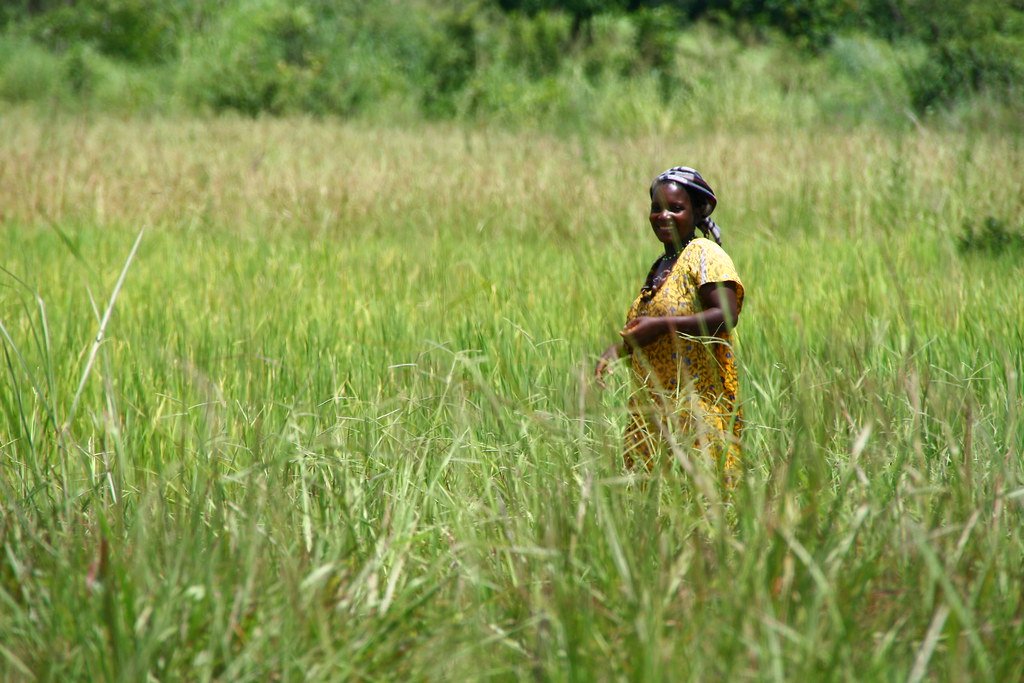The recent announcement by Commerce Minister Amin Modad that the price of a 25kg bag of rice will increase from $17 to $18.50 has stirred significant unrest among Liberians. This price hike, set to take effect on May 21, 2024, is attributed to India’s tariff increases on rice exports, a move initially announced in July 2023. However, critics argue that the real culprit behind this surge is a failure of leadership and effective governance.
India’s decision to ban non-basmati rice exports and impose a 20% export duty on various rice types has indeed disrupted the global rice market. These measures have exacerbated supply shortages and driven up prices worldwide. Yet, countries like Tanzania have managed to negotiate waivers on these taxes, ensuring that their domestic markets remain stable. Liberia, on the other hand, has not secured such exemptions, leading to increased pressure on its citizens.
Rice is the staple food in Liberia, and any price increase will have severe consequences for poor families, many of whom survive on less than one dollar a day. The current administration’s inability to maintain rice affordability has drawn sharp criticism from various quarters, including former government officials and political observers.
Eugene Nagbe, the former head of the Liberia Maritime Authority, took to social media to highlight the stark contrast between the current administration and that of former President George Weah. “President Weah kept the price of rice affordable and available at $17 tops, even during the Covid-19 pandemic,” Nagbe wrote. He attributed this stability to a series of well-thought-out policy measures, including tariff reductions, subsidies, and the elimination of bottlenecks at the port. “President Weah convened and presided over regular consultative meetings with rice importers and relevant stakeholders to ensure that the ‘Cocktail Policy for Rice Affordability and Availability’ remained actionable.”
Nagbe also pointed out that the current administration’s attribution of the price hike to Indian tariffs is misleading. “In September 2022, the Indian government imposed the export tax on white rice, and this was extended to parboiled rice one year later in August 2023. Not now.”
The proposed increase in rice prices is particularly alarming in Liberia, a country where memories of civil conflict are still fresh. A political observer noted that the price hike is a stark reminder of the events leading up to the civil war. In the 1970s, Liberia was considered the most stable democracy in Africa. However, after President William R. Tolbert Jr.’s government proposed an increase in the price of rice, citizens violently protested. These protests ultimately led to the breakdown of law and order, contributing to the onset of the civil conflict.
The specter of history looms large, and the current administration’s perceived failure to manage the rice crisis effectively could have far-reaching implications.
The situation is dire for many Liberians who rely on rice as their primary food source. The increase from $17 to $18.50 per 25kg bag will disproportionately affect the poorest families. For many, rice is not just a staple but a lifeline, and any increase in its price can lead to significant hardship. The government’s inability to negotiate waivers, similar to those secured by countries like Tanzania, highlights a gap in leadership and diplomatic efficacy.
According to one political observer, the broader implications of this price hike cannot be overstated. The increase is likely to exacerbate food insecurity and could lead to social unrest. The memory of the rice riots of the 1970s serves as a chilling reminder of how quickly economic grievances can spiral into violence. The government must act swiftly to address these issues, not just through short-term measures but by developing sustainable policies to ensure food security.
The proposed rice price increase in Liberia underscores a significant leadership challenge. While external factors such as India’s tariffs have played a role, the lack of effective governance and strategic negotiation by the current administration has left Liberia vulnerable. To avoid repeating the mistakes of the past, there must be a concerted effort to develop comprehensive solutions that address both immediate needs and long-term stability.

